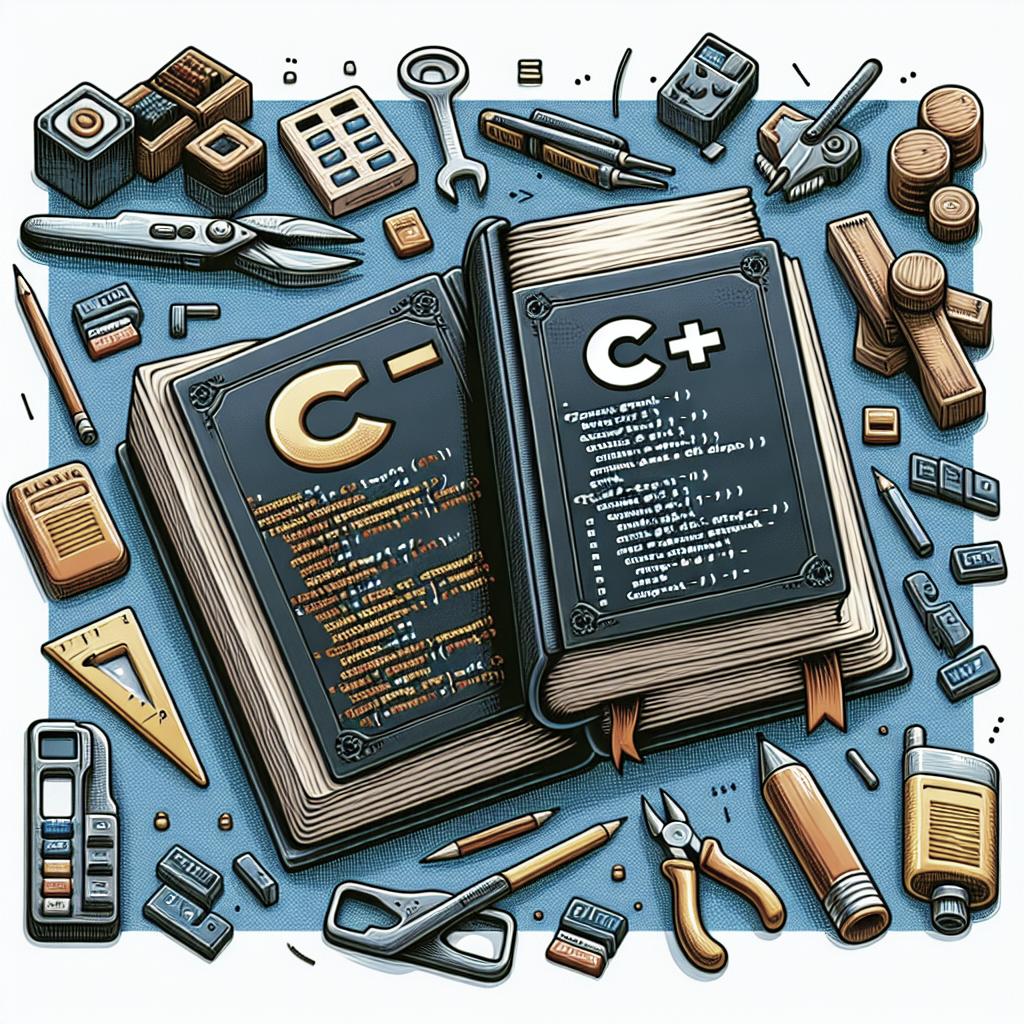html
Why Do We Still Use Programming Languages Alongside SQL?
In an era dominated by advanced and multifaceted technology, it’s intriguing to question the continued reliance on traditional programming languages when SQL, a powerful data querying language, exists. This blog post delves into the reasons behind this persistent reliance on programming languages alongside SQL, exploring aspects such as readability, complexity management, and dependency handling. Throughout this post, we’ll consider how SQL offers superior readability, yet highlight why it falls short in handling complexity and dependencies, areas where traditional programming languages shine. By addressing these components, we aim to illuminate the symbiotic relationship between SQL and other programming languages, demonstrating their combined strength. As we proceed, consider how each aspect contributes to the ongoing necessity for programming languages, even in an SQL-dominated landscape.
Readability
SQL as a Human-Readable Language
SQL, or Structured Query Language, is celebrated for its human-readable syntax, which makes it accessible to both technical and non-technical users. The language is designed to be intuitive; for instance, keywords like SELECT, WHERE, and JOIN closely mirror natural language, enabling users to write queries almost as if they were crafting ordinary sentences. This ease of understanding is particularly useful for analysts and business users who need to engage with data without delving into the complexities of traditional programming.
However, while SQL is superb for querying and manipulating data, its readability can become a double-edged sword when dealing with more complex operations. As queries grow increasingly elaborate, involving intricate joins and nested subqueries, the readability advantage diminishes. Such complexity often necessitates a more robust programming approach to handle operations beyond simple data retrieval or basic transactions.
Code Style
The stylistic flexibility of conventional programming languages offers distinct advantages over SQL. Languages such as Python, Java, and C++ allow for more structured, readable, and maintainable code. With the support of full-fledged editors and IDEs, developers can employ various enhancements such as syntax highlighting, code folding, and autocompletion to increase productivity and reduce errors.
Additionally, programming languages provide the infrastructure to enforce consistent style through code linting and formatting tools. While SQL is rich in syntax, it often lacks these more nuanced code management tools. As a result, ensuring quality and uniformity in SQL scripts can be challenging, especially in large and collaborative environments where readability and maintainability are paramount.
Complexity and Testing
SQL excels when executing simple tasks, like querying databases for reports or performing CRUD operations. However, as projects grow in complexity, the limitations of SQL become apparent. For handling intricate business logic, for example, SQL struggles where a programming language might excel. This is largely because traditional languages offer structures like loops, conditionals, and exception handling natively, where SQL does not.
Testing is another area where SQL falls short but can be managed effectively with the aid of a programming language. Unit testing frameworks in programming languages allow developers to test individual components of an application methodically, ensuring each part behaves as expected. This approach is integral to identifying and mitigating bugs. While database testing tools exist, they are often less mature than their programming language counterparts, making programmatic solutions more reliable and comprehensive.
Dependency Management
Version-Dependent Code
When it comes to dependency management, conventional programming languages like Python and JavaScript shine with their robust ecosystems. Package managers such as pip and npm provide easy control over library versions, enabling developers to maintain compatibility and address vulnerabilities by updating dependencies seamlessly. These tools make it possible to manage changes efficiently, ensuring an application remains stable over time.
In contrast, SQL does not natively support dependency management. As a result, managing complex SQL scripts that rely on specific database versions or proprietary functions can be tedious. Without automated systems to track dependencies, there is a heightened risk of using outdated or incompatible SQL features, leading to potential system failure or security lapses.
Battle-Tested Dependencies
The expansive ecosystems of programming languages provide access to a wealth of ‘battle-tested’ libraries and frameworks that have been refined over time through widespread use. These dependencies address common problems and offer well-documented solutions, saving developers from reinventing the wheel. With robust, community-driven support, these libraries contribute to an application’s reliability and longevity.
In SQL, while there are indeed tried-and-tested methods and techniques, the lack of a formalized dependency management system reduces its capacity to incorporate external, battle-hardened functions or libraries. Consequently, when accessing cutting-edge libraries or recent advancements, SQL users may find themselves at a disadvantage, often relying on custom scripts rather than widely vetted solutions.
Next Steps
| Aspect | Programming Languages | SQL |
|---|---|---|
| Readability | Offers structured code with tools for enhanced readability & consistency | Intuitive and human-readable for simple queries |
| Complexity Management | Strong in handling complex operations and logic | Challenged by complex logic without supplementary programming support |
| Testing | Rich ecosystem of testing frameworks | Limited testing tools leading to reliance on external solutions |
| Dependency Management | Advanced tools for version control and dependency updating | Limited and manual; lacks built-in dependency management |
| Battle-Tested Libraries | Vast, reliable ecosystem with community support | Limited community-driven solutions |


